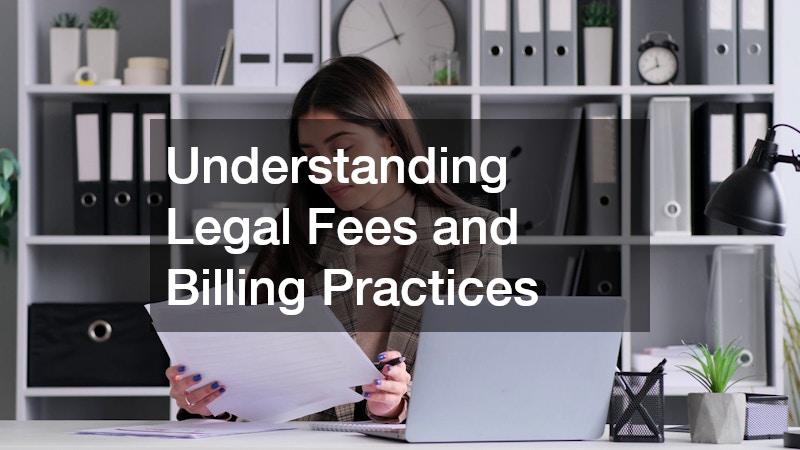In this article, we will explore the key aspects of working with criminal lawyers, addressing common questions and providing insights into what you can expect through the process. Selecting the right criminal lawyer can significantly impact the outcome of your case. We will delve into how to select an appropriate legal representative, understand the legal process, and manage the associated costs.
Researching Credentials and Experience
When looking for a criminal lawyer, examining their credentials and experience is crucial. It’s important to check their educational background and any specializations they may have in criminal law. A lawyer’s years in practice and track record with similar cases can also be a good indicator of their capability to handle your unique situation effectively.
Experienced lawyers often boast memberships in professional associations or accolades from legal institutions. These credentials not only showcase their competence and commitment to their field but also reflect how they are perceived by peers and the legal community. Furthermore, some lawyers may have additional certifications that attest to their ongoing education and mastery of criminal law intricacies.
Another angle to consider is the lawyer’s past experience with prosecution or defense. Those who have worked on both sides often understand the nuances of court proceedings more intricately. This comprehensive perspective can be advantageous when crafting defense strategies tailored to your case.
Evaluating Reputation and Client Reviews
Reputation is a powerful factor when choosing a lawyer. A lawyer’s standing in the legal community can often be gauged through recognitions or awards they’ve received. Client reviews and testimonials also provide insight into the lawyer’s ability to communicate, maintain professionalism, and achieve favorable outcomes for their clients.
Online platforms and legal directories often host client reviews that can be instrumental in your selection process. While good reviews are compelling, pay attention to how the lawyer responds to criticisms or negative feedback. This responsiveness can indicate their ability to handle challenges and their commitment to client satisfaction.
Furthermore, word of mouth from trusted friends or family can offer valuable insights. Personal recommendations might highlight aspects of a lawyer’s style or effectiveness that aren’t immediately apparent through formal reviews. Collectively, these elements collectively build a picture of the lawyer’s reputation and reliability.
Understanding Legal Fees and Billing Practices
Legal representation commonly involves costs and fees which vary significantly between lawyers. It’s important to understand a lawyer’s billing practices upfront. Some may charge a flat fee, while others bill hourly, so knowing these details helps plan and manage your finances.
Be vigilant about hidden fees that can add unexpected expenses. Discussing and understanding all potential costs before embarking on these legal proceedings ensures transparency and budget planning. This open financial dialogue reflects a lawyer’s integrity and respects your financial boundaries.
Comprehending the billing practices also sets the tone for trust. A thorough grasp of potential costs enables you to evaluate whether the lawyer’s services are worth the investment. This understanding forms the foundation of a transparent and satisfactory client-lawyer financial relationship.
Exploring Payment Plans and Financial Assistance
Financial considerations can be an obstacle when seeking legal representation in criminal cases. However, some lawyers offer payment plans or financial aid to accommodate your budget constraints. These arrangements are particularly beneficial for clients facing unexpected legal challenges without immediate financial resources.
Exploring these options provides peace of mind, allowing you to select a lawyer based not solely on cost but on their ability to effectively represent you. Discussing financial constraints during the initial consultation ensures your lawyer is aware of your situation from the outset. This transparency aids in forming an equitable agreement that maintains focus on the quality and effectiveness of your defense.
Financial assistance options might include sliding scale fees based on income or pro bono services for those in dire financial need. In some jurisdictions, public defender services can offer another avenue for legal representation. Understanding these options provides greater control over your legal journey and ensures that quality representation remains accessible despite financial limitations.
Assessing Value Versus Cost
Deciding on legal representation entails evaluating the balance between cost and value. A higher fee does not necessarily guarantee superior service; instead, focus on the lawyer’s expertise, track record, and your comfort level with their approach. Weighing these factors against their fees provides a clearer picture of their overall value and suitability for your case.
A more expensive lawyer may be warranted if they possess specific expertise or have demonstrated success in similar cases. Conversely, an affordable lawyer might offer exactly the skills and attention your case requires. Ultimately, it’s about ensuring that the benefits and potential outcomes justify the expenses incurred.
Moreover, consider the long-term financial implications; a competent lawyer may secure a favorable outcome, saving you costs associated with future legal challenges or unfavorable resolutions. Your goal should be to achieve the best possible outcome within a reasonable budget. This strategic evaluation reassures you that you are making a wise investment in your legal defense.
Working with criminal lawyers requires careful consideration and understanding of what to expect throughout the process, ensuring you make informed decisions for your legal matters. By selecting the right lawyer and understanding the legal and financial aspects involved, you can navigate this challenging experience with greater confidence. Your active participation in this process, guided by your lawyer’s expertise, is crucial in working towards a favorable resolution.
.





